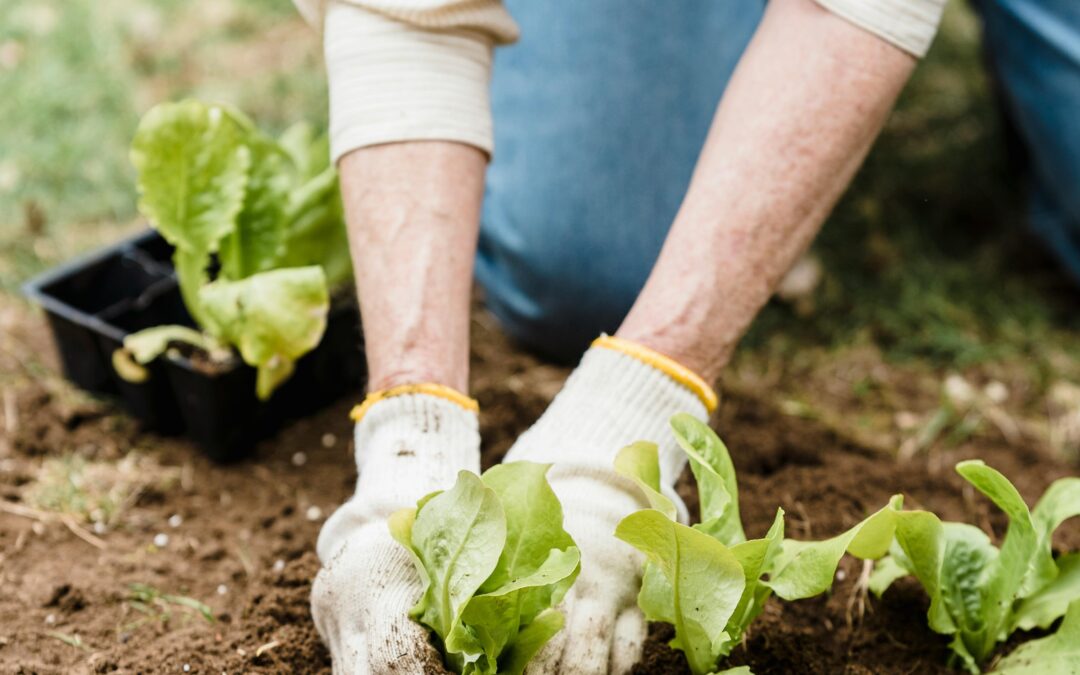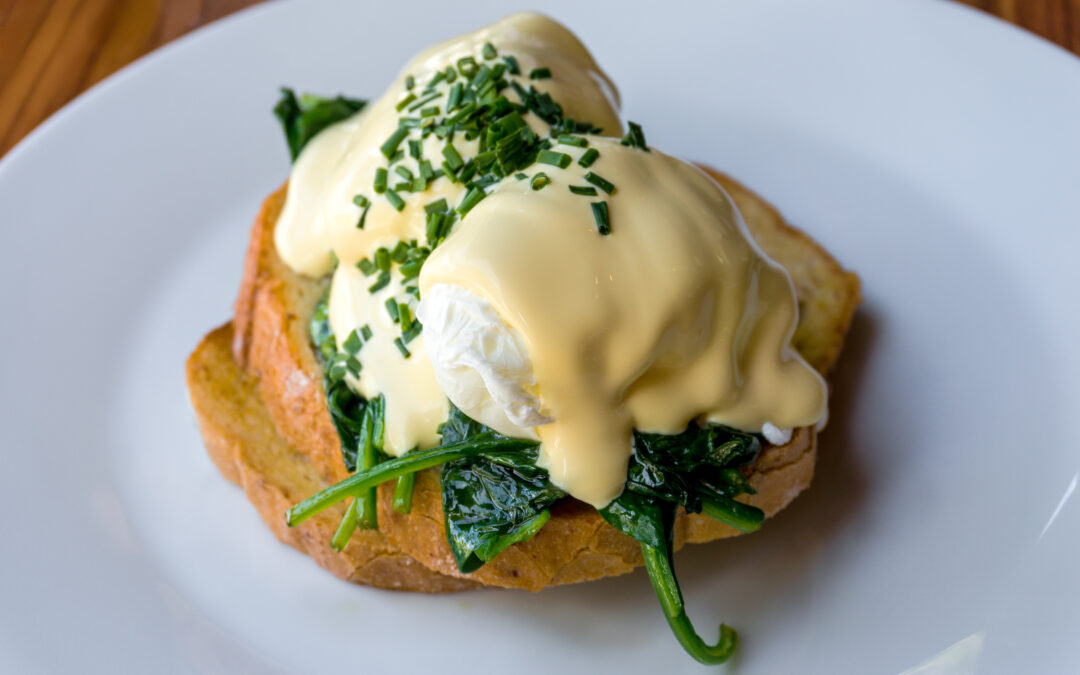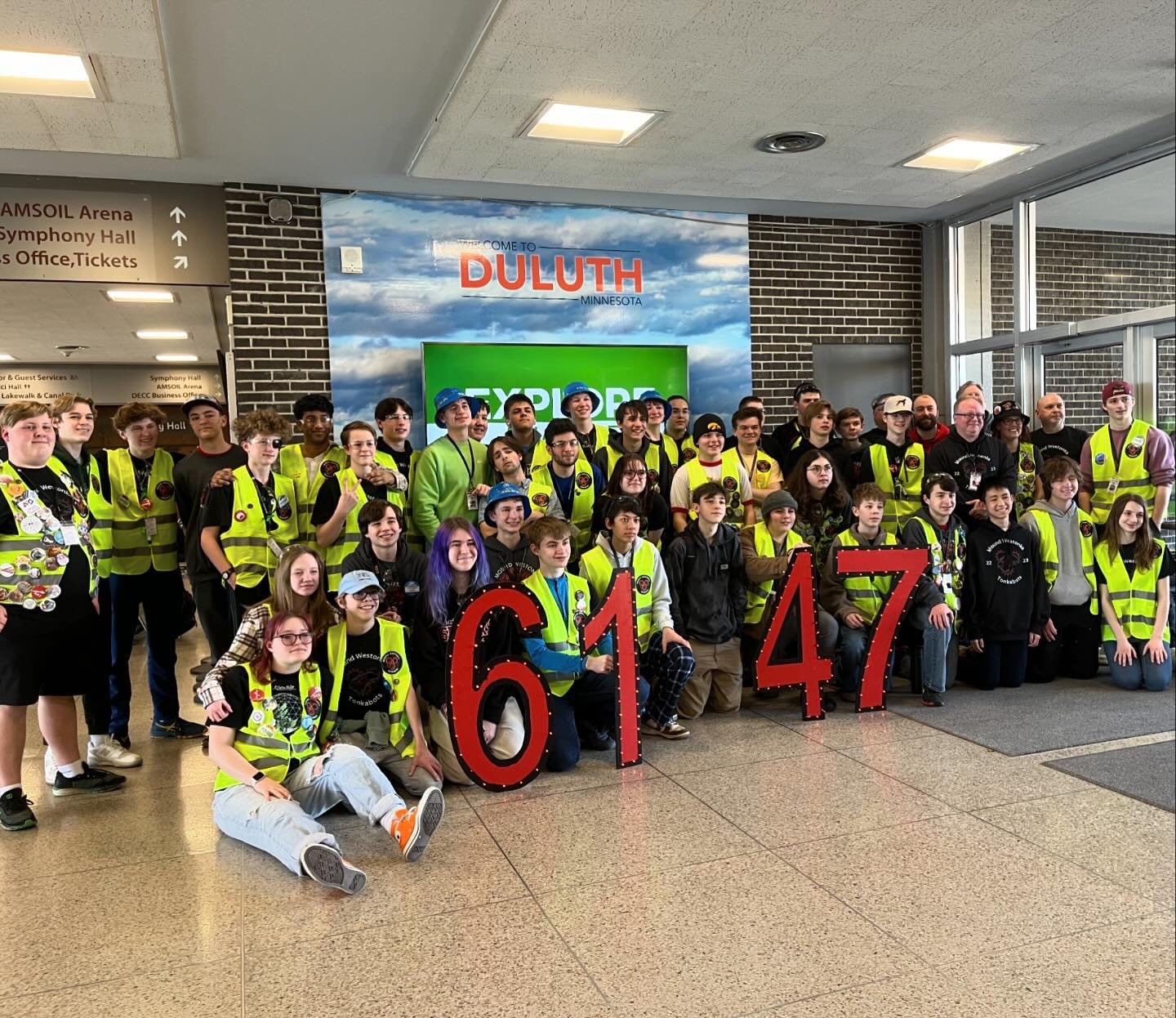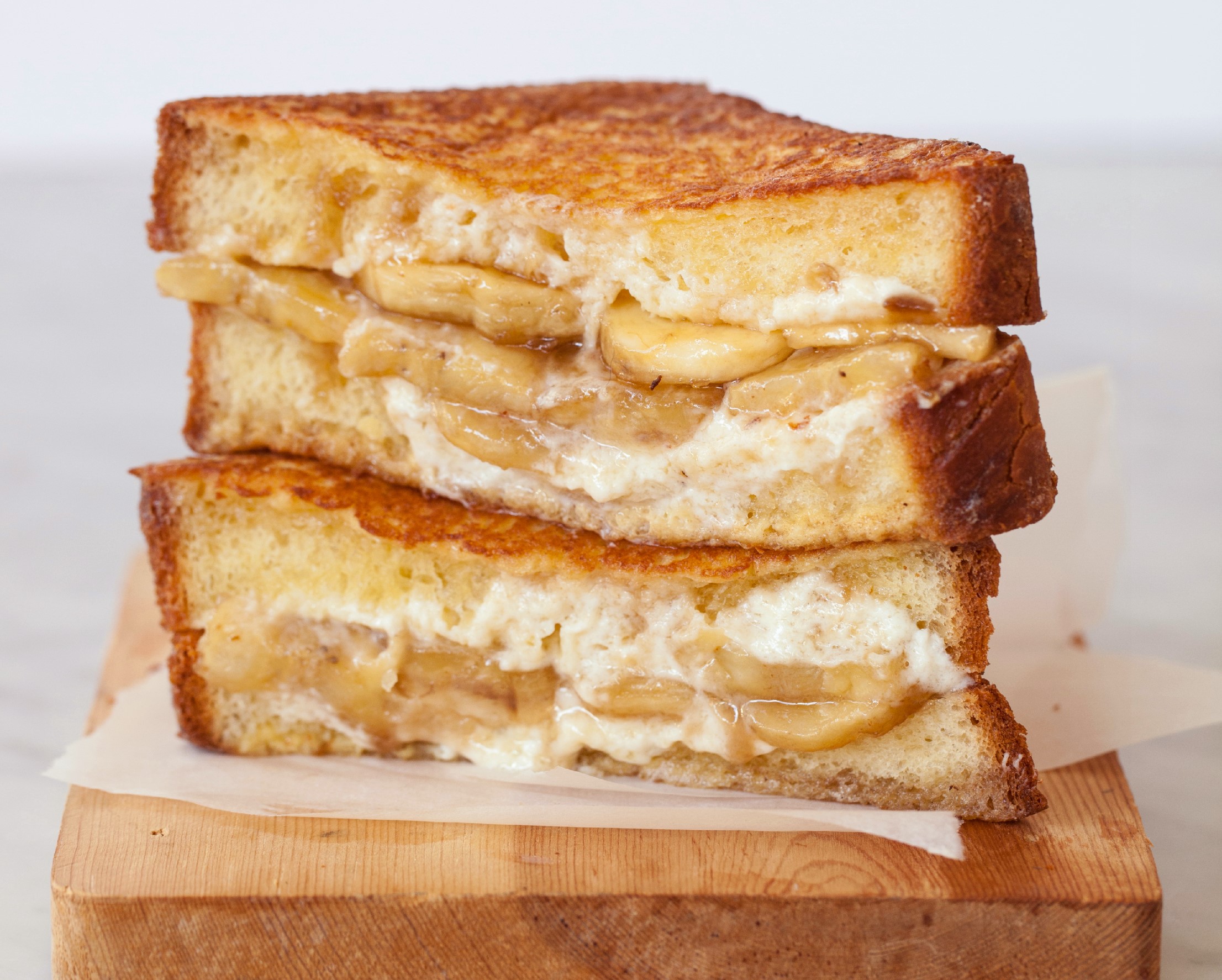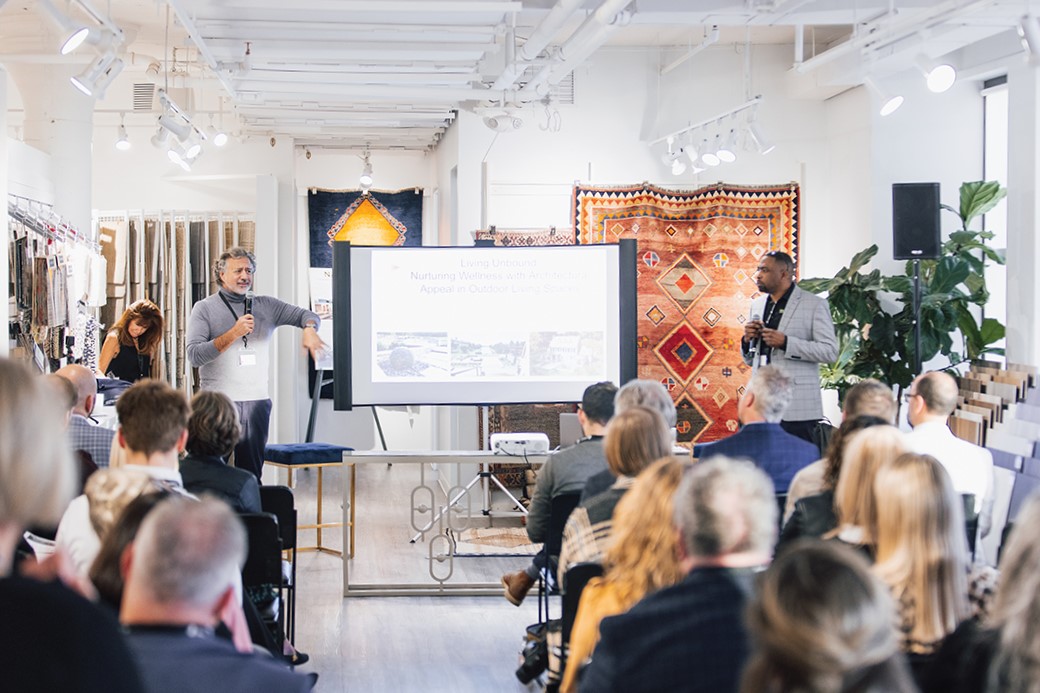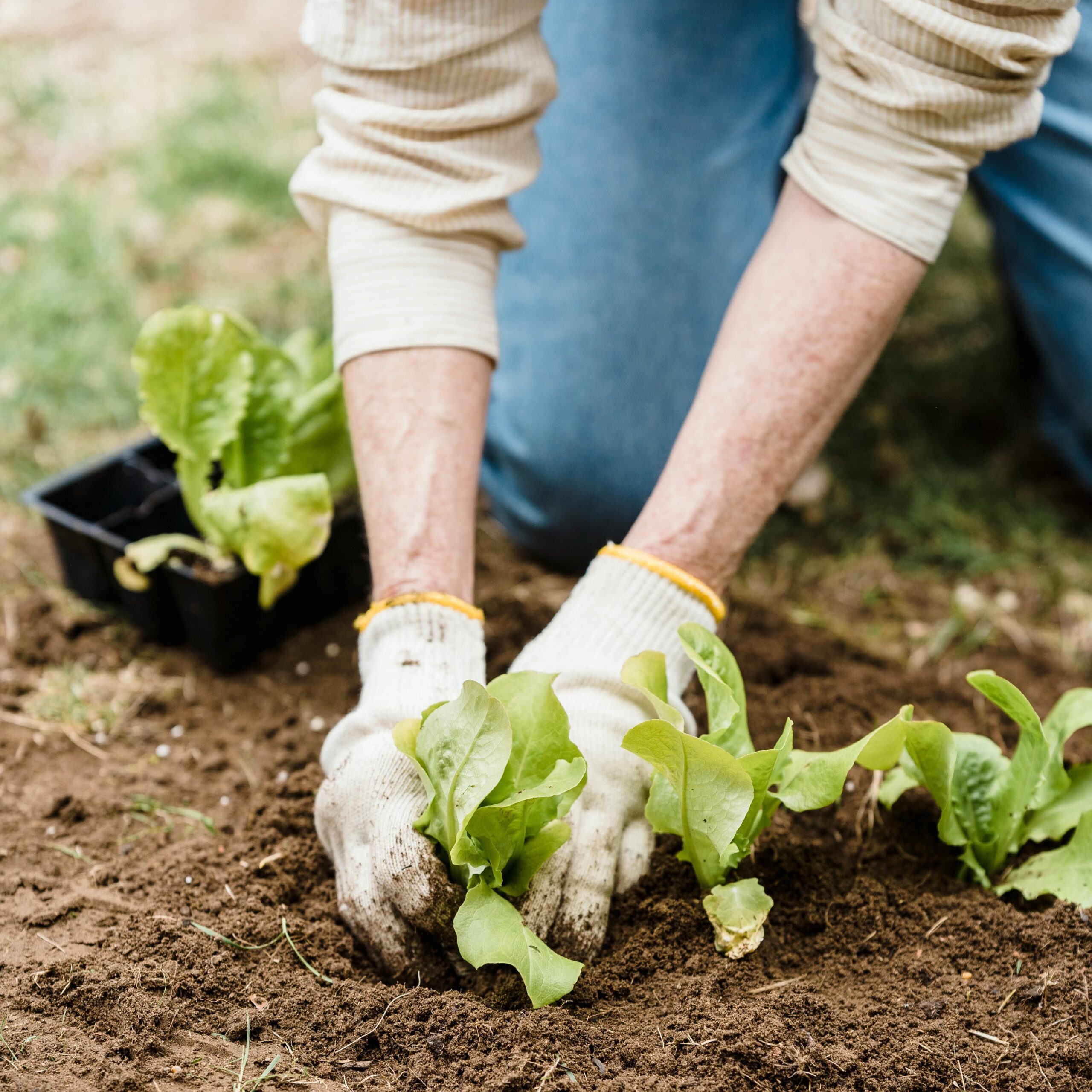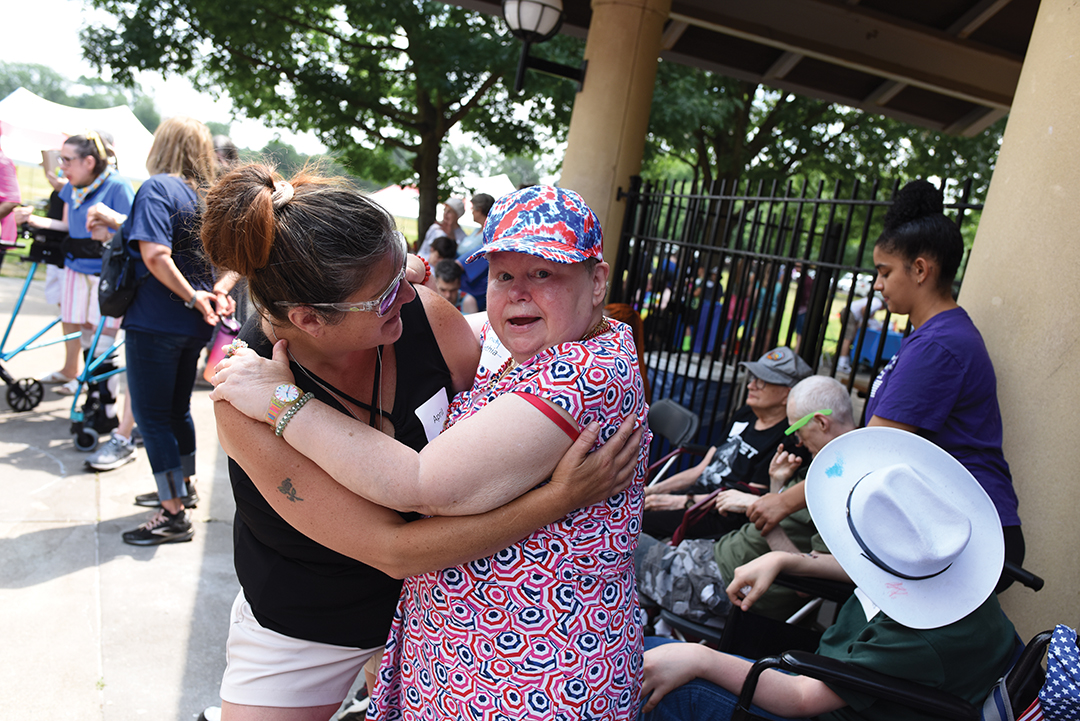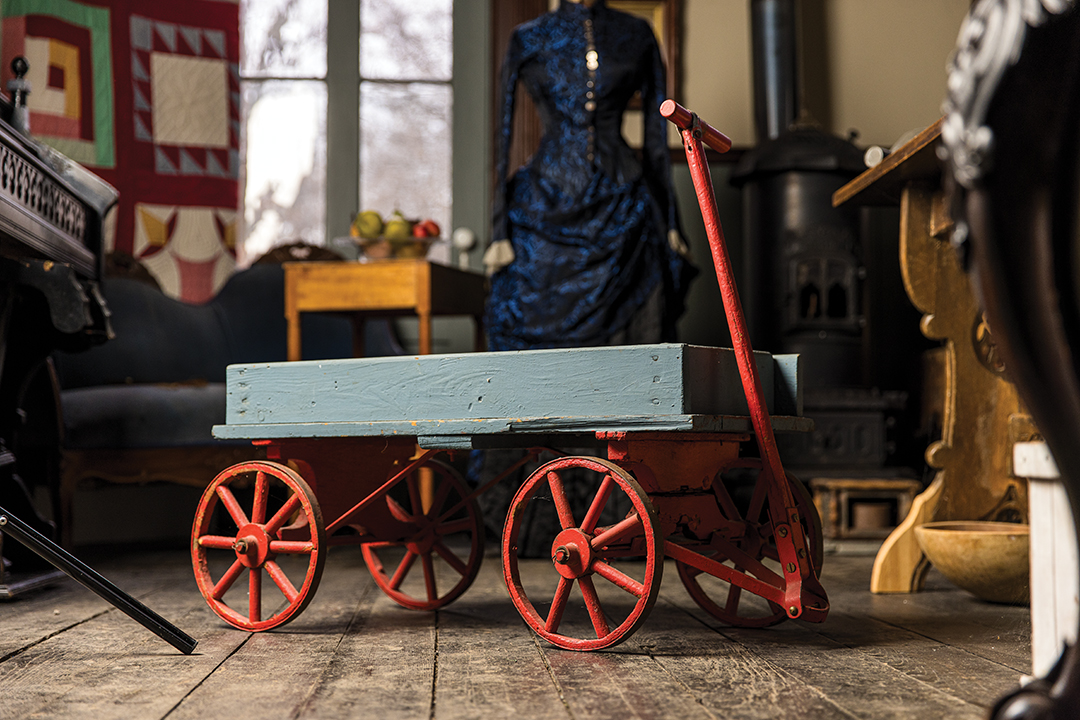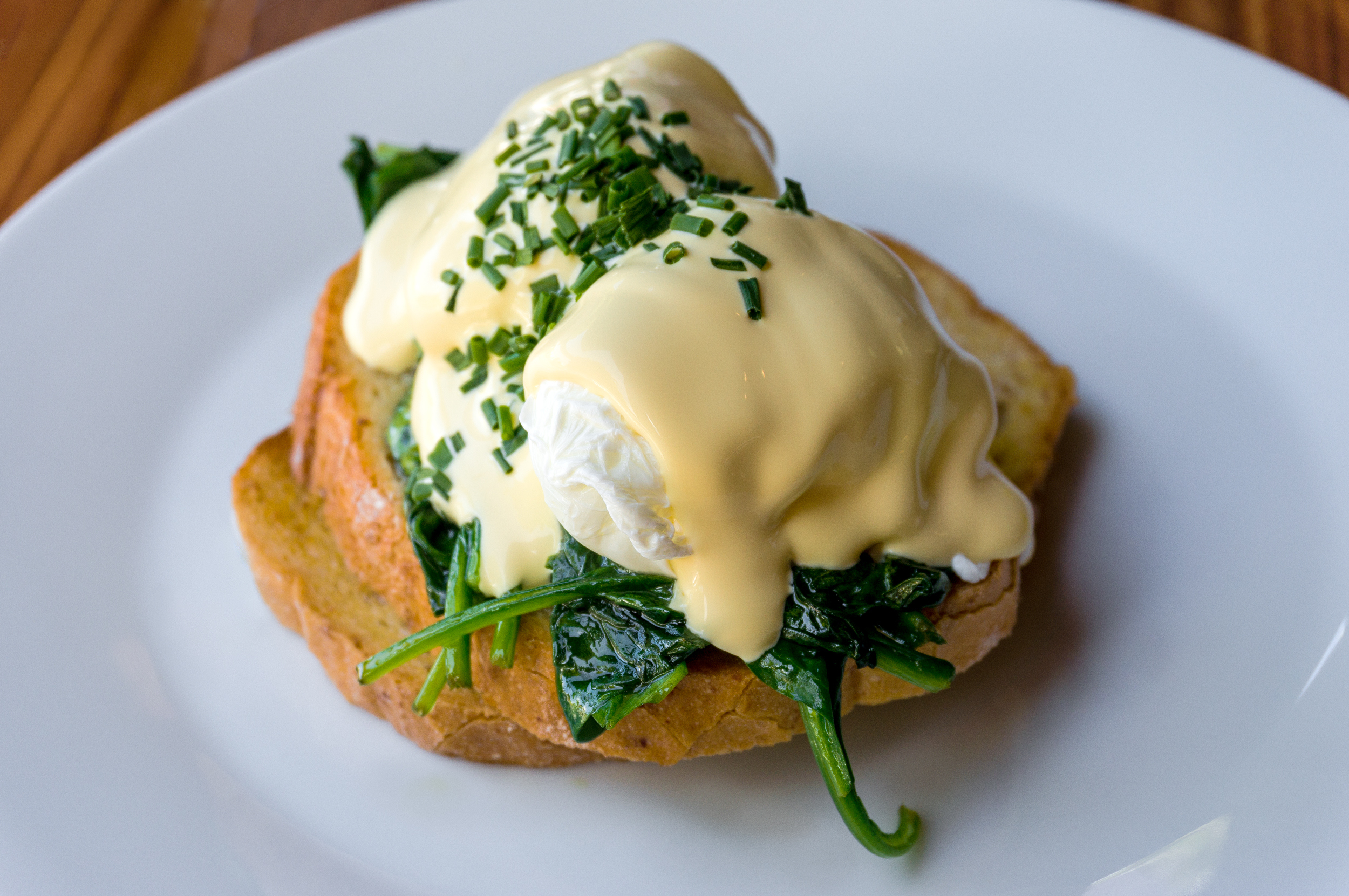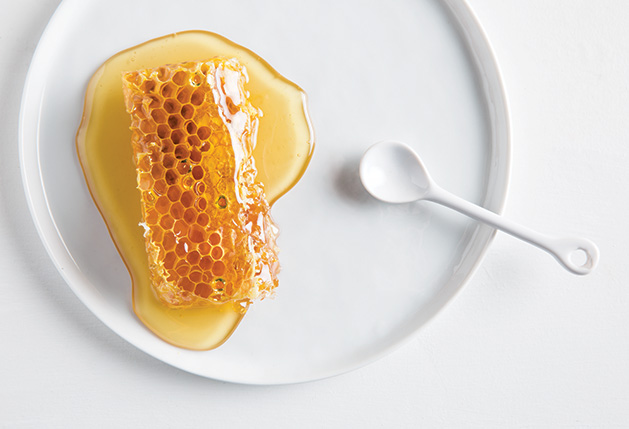
Photos: Rachel Nadeau
Local farm produces single-source honey, with an eye on educating the public about ailing bee populations.
Click here for some perfect honey and cheese pairings from Ames Farm. To find out how you can help struggling bee populations, click here.
The end of October is a big time of year for Brian Fredericksen.
That’s about the time he loads hundreds of beehives onto a truck headed for Texas.
“We drive them in a semi with a net on top, and only stop while it’s dark so they’re not flying. If we drive during the day, we can’t stop—ever,” the founder and owner of Ames Farm Ltd. explains. “Each hive is a separate, unified community with a queen, a colony, a nest with babies. Bees have a built-in GPS system—when they leave the hive, they always come back.” But on the road to their warmer, winter home, they’d leave during the day—just as they do every day—and struggle to find their way back to the moving truck, he explains.
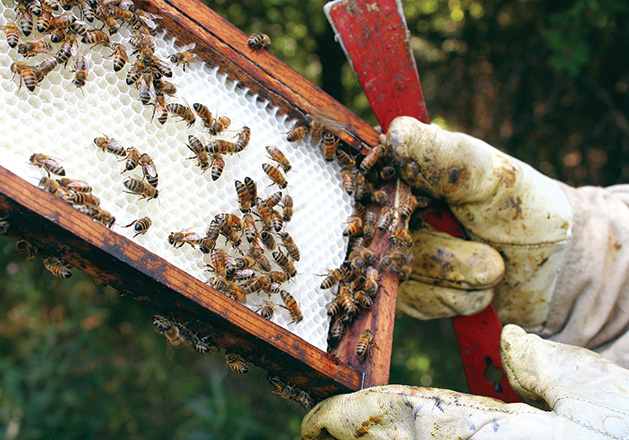
When Fredericksen first found land in Delano in 1994, the then-3M process engineer would have had no idea about the tendencies of bees. He had just two things on his mind. First, he wanted space to stretch out and make a living off the seven-acre plot. Second, he looked forward to using the trails set up by the former owner (and fellow dogsledder) David Bedford.
Bedford is a celebrity in the local agriculture and sustainable food-producing community, as he was the University of Minnesota professor who developed the Honeycrisp apple. On his land, he left behind an orchard and two hives he had developed as a beekeeping hobbyist.
Fredericksen picked up where Bedford left off, becoming fascinated with the apicycle of the bees: the intricate relationship between honeybees, beekeepers and nature. In 1996, after a particularly delicious bite of honey, he pondered the nuances of certain flora present in the layers of flavor. The terroir stopped him in his tracks, and he thought, “How could I capture that and preserve it?” he says.
“A 40-pound box [of honey] is basically a floral snapshot of a place and time,” he says. He started producing single-source honey, isolating individual varieties to maintain the purity of their particular flavors, in a remodeled chicken coop. Then he took over the garage, and then a neighbor’s building for a decade, slowly adding hives and equipment and enlarging the operation. Ames Farm has grown into Fredericksen’s full-time gig, selling honey and 100-percent beeswax candles, bee nucs (small colonies for starting new hives) and bee products, edible honeycomb and 12 varieties of apples at local farmers markets and stores across the Twin Cities and beyond. Last summer, it expanded into a new facility with a team of around seven employees operating a main property and 18 other bee yards. There’s direct sales to local customers and co-ops, wholesale logistics, education and support for budding local beekeepers—and advocacy for the plight of bees on a macro scale.
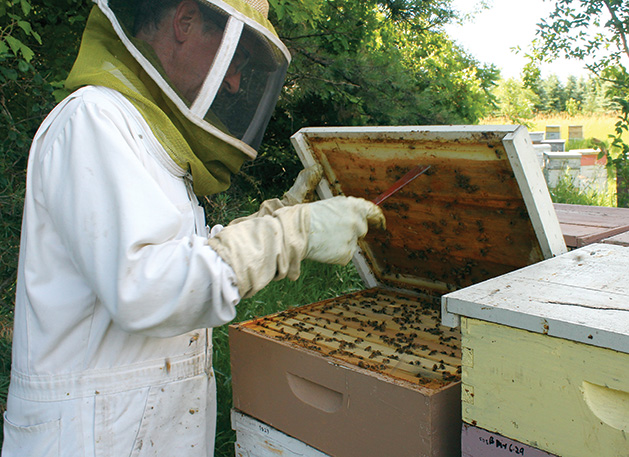
“My science background has been huge—prior to the 1990s, you could just about have bees and forget about them. They’d take care of themselves,” says Fredericksen, mentioning the pesticide usage and deforestation that have led to declining bee populations that impact every ecosystem. “Now beekeepers have to test and treat for myriad pests and conditions. In some places, it’s estimated there’s 80 percent wild insect loss, but there’s no way to know for sure. The national transition to sustainable energy—it’s the same thing with becoming pollinator-friendly. As a culture, we’re going to have to give something up.”
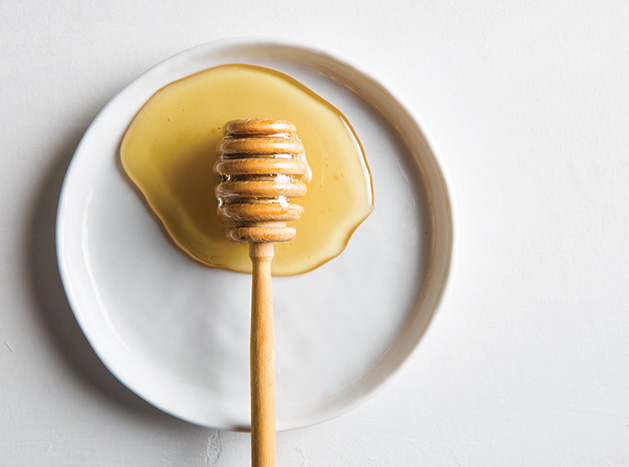
Ames Farm
952.955.3348
Facebook: Ames Farm
Instagram: @amesfarm
Twitter: @amesfarm

